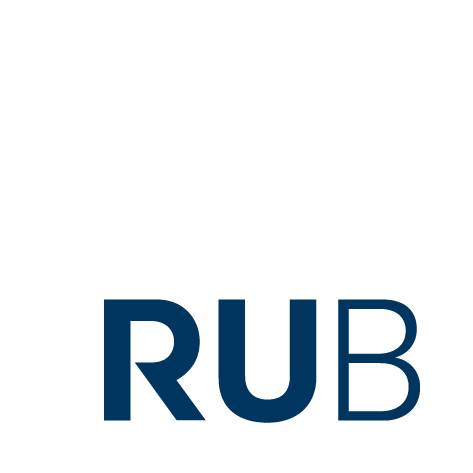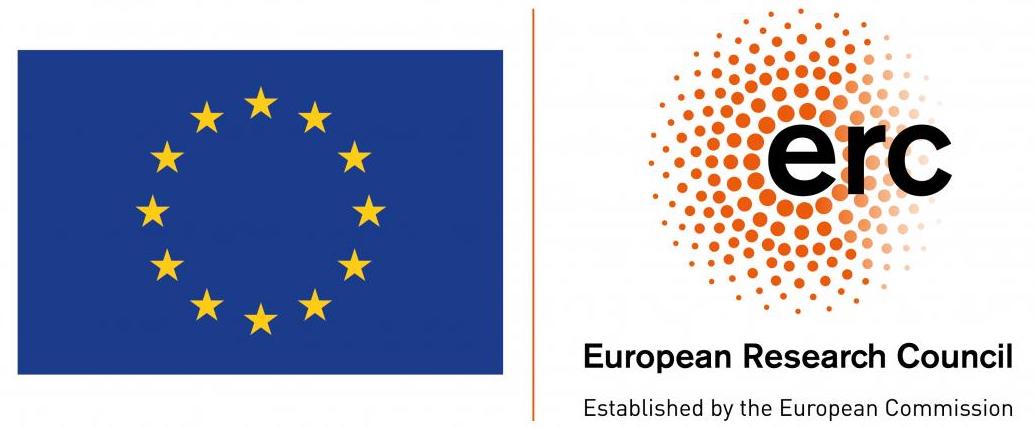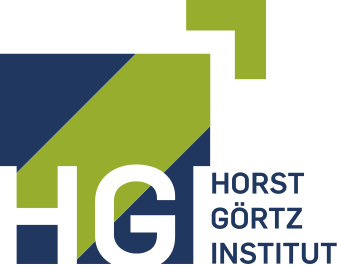Seminar Quantum 🙌 Cryptography (Winter 2023/24)
| Type: | Seminar |
|---|---|
| Programs: | MSc CS, ITS, AI, Math, Physics, ETIT (TBD) and CASA PhD Lectures |
| Organizers: | Samuel Crew, Simon Schmidt, Michael Walter |
| Time and Place: |
Wed 12-14 (MC 1.54) |
| First meeting: | Oct 18 |
| Credits: | 3 CP |
| Contact time: | 2 SWS |
| Language: | English |
| Course number: | 212123 |
| Links: | Moodle, VVZ |
How to sign up?
- Faculty of Computer Science students: Sign-ups for this seminars are handled centrally (like for all seminars).
- Students from other faculties and 🐘 CASA PhD students 🐘: We will reserve some spots for you.
Please contact Samuel Crew or Simon Schmidt as soon as possible if you are interested.
Course Description
In this seminar we will discuss topics at the intersection of quantum information and cryptography. This is an area of high current interest, with important contributions by CASA researchers here on campus. We will discuss how quantum computers can attack classical cryptography and how to overcome this challenge – either by protecting against the power of quantum computers or by leveraging the power of quantum information. We will also discuss how cryptography can be generalized to protect quantum data and computation.
This seminar should be of interest to students of computer science, mathematics, and physics. It is aimed at students who have taken a first course in classical cryptography and quantum computing. Students interested in a Master’s project in this area are particularly encouraged to participate.
If you don’t know any quantum computing, we strongly recommend that you attend our course on Quantum Information and Computation instead (or, ambitiously, in parallel)!
How does it work?
Each student will select a topic from the suggestions below (you can also propose your own topic) and give a presentation on this topic. Presentations should be around 45 minutes, with an additional 30 minutes allocated for informal discussion. Each students will be assigned a point of contact in our group who they can meet at least once before their presentation.
Possible topics
- Quantum key distribution
- Quantum oblivious transfer
- Encrypting quantum states
- Quantum random oracles
- Classical verification of quantum computation
- Private and public key encryption
- Quantum pseudorandomness
- From classical to quantum fully homomorphic encryption
- Testing a qubit
- Quantum money
For each topic, pointers to suitable reading material will be provided. We may decide to partly follow the Dakshita Khurana’s course and lecture notes.
Learning outcomes
You will learn fundamental concepts, algorithms, protocols, and central results in quantum and post-quantum cryptography. In addition, you get to practice some fundamental skills: independent literature search and comprehension; distilling the essence of a research topic into a presentation; time management; giving feedback to your peers.
Schedule
| Date | Agenda |
|---|---|
| October 18 | Kick-off |
| October 25 | Introduction lecture |
| November 1 | No seminar (Allerheiligen) |
| November 8 | Quantum key distribution |
| November 15 | Quantum oblivious transfer |
| November 22 | Quantum random oracles and encryption |
| November 29 | Encrypting quantum states |
| December 6 | Private and public key encryption |
| December 13 | Homomorphic encryption for classical and quantum circuits |
| December 20 | No Meeting |
| January 10 | Quantum fully homomorphic encryption |
| January 17 | Testing a qubit |
| January 24 | Classical verification of quantum computing |
| January 31 | Quantum money |




